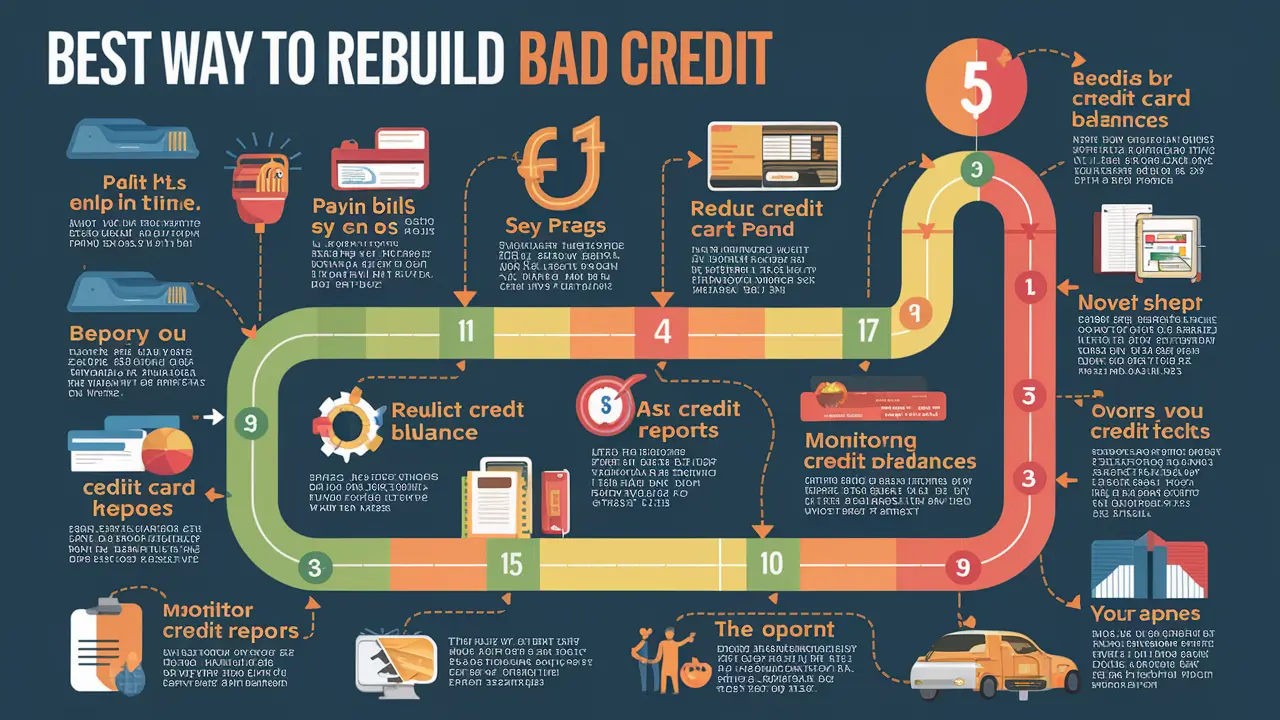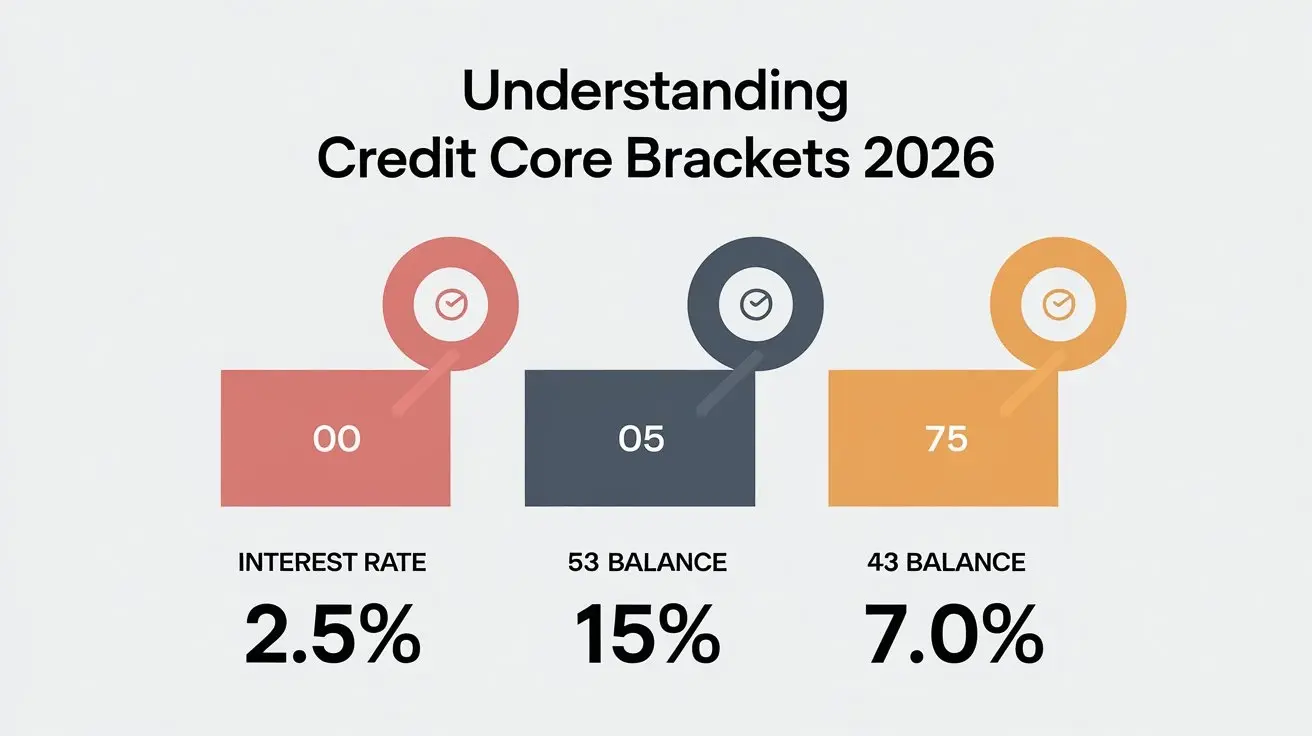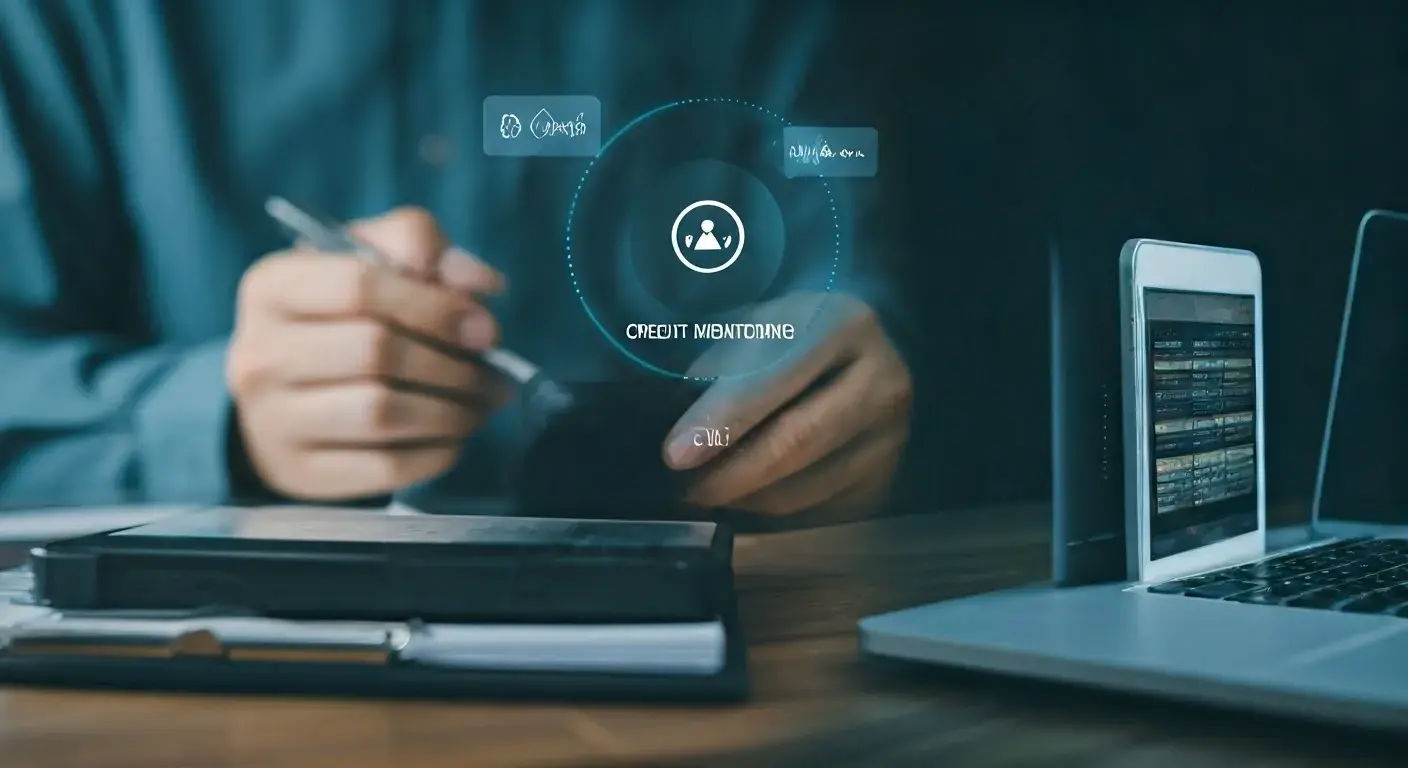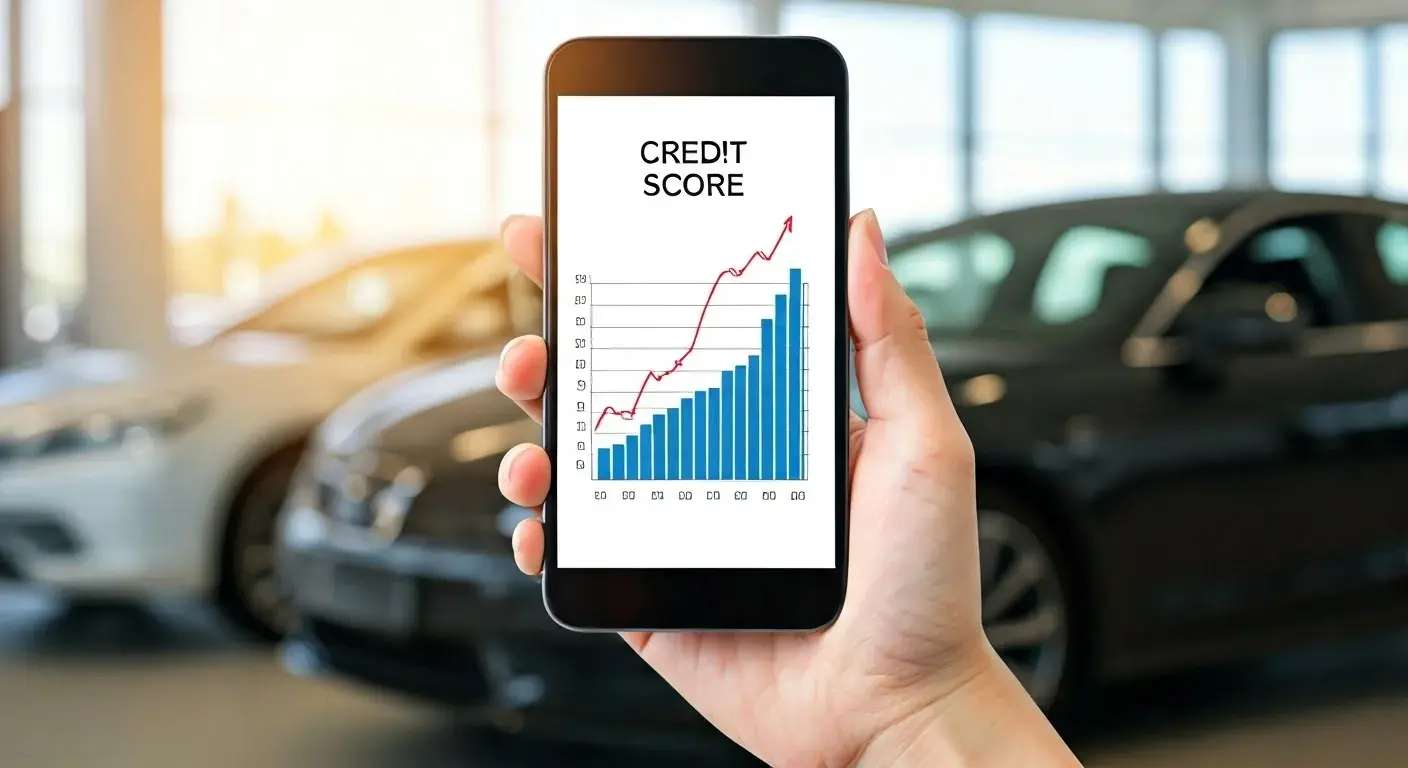
Due to poor credit scores, one can experience so much hardship in various aspects of life. You are likely going to face the challenge of having no credit card, loan, apartment, or even job approval. On the bright side, this means that one has an opportunity to start repairing the credit as soon as he or she starts paying off the accumulated debt. Here is the guide to learning how you can improve your credit by paying off debts.
How Debt Release May Improve Your Credit
Credit scores indicate your reliability as a borrower, based on the information provided in your credit reports. These reports, therefore, indicate your ability to manage bills and debts. This payment history contributes to the score of credit that you have, and it is usually a large percentage of the score. As you pay down debts, especially those that are in collections or severely late, it can directly help improve your credit in a few key ways: As you pay down debts, especially those that are in collections or severely late, it can directly help improve your credit in a few key ways:
- Brings delinquent accounts current: However, if the information reported on your credit reports is late payments, collection accounts, or charged-off debts, then paying off the debts in full will erase the items from your credit reports. This erases the negative credit marks and could get you some points added on.
- Low credit utilization ratio: This ratio shows the total of all the balances you have had at any given time to the total credit lines available to you. It should not be high, and various sources suggest that the ideal industry level should not exceed 30%. When you use credit cards and other lines of credit, this ratio goes down, which is a positive indication of credit scoring.
- Adds positive payment history: Consistently paying your credit card on time and in full so that it gets reported to the credit reporting agencies is also a virtue. But even paid collection accounts can start aging off the credit reports, which is going to leave only the good payment history marks.
- Increases average age of accounts: This factor also works in your favor when it comes to credit because lenders like to see established credit portfolio responsibility. Retaining all the old accounts also helps you not to reduce the average age of the accounts.
How Significant Is The Increase In Credit Score When One Pays Off Your Debts?
How much paying off debt improves your credit largely depends on your situation, including: How much paying off debt improves your credit largely depends on your situation, including:
- Your starting score: Learners with very low scores stand to benefit greatly since the scores can be improved by a wider margin than those who are already scoring fairly well.
- The severity of negatives: Paying off large collections, judgments, or charges usually results in a clearer score shift than making a small credit card payment.
- Timeliness of payments: It is helping more when the severely late accounts are taken to a current status than when young, only 30 days past due accounts are being paid.
- Percentage of balance owed: Of the 90% on credit cards and paying the balance, this does more than owing 5% and paying the balance.
As much as it varies from one person to another, there is a general tendency for people to have their scores go up by 50 to 100 points or even more due to negative debts that have been paid. But it takes time for your reported debts to turn up as paid and for scores to react accordingly.
How long does it generally take for credit history to be updated and reflect the new status of paid debts?
Credit bureaus need to write to your lenders to inform them of the repayment so that it can be reflected on your credit report. This reporting process lasts for an average of 30 to 45 days. This means that it would take roughly about three months for instances where paying off debt has a positive effect on the credit score to go up to meet the standards that equate to better rates.
This lag time happens because most scoring models take only a 30 to 90-day periodic snapshot to come up with your scores. However, when a potential lender pulls your credit report, he or she should immediately be aware of the updated payment status on accounts.
There are several strategies to follow in the process of credit repair as a means of dealing with debts.
If you want to raise credit scores that have taken a hit from unpaid debts, here are some tips:
- Audit your reports and make a plan: Go through all the negative lines and outstanding balances that they wish to achieve and develop a “credit repair plan. ” It is best to organize the debts from the highest interest rate and/or most detrimental to credit.
- Stick to payments for 6-12 months: It means that the credit has at least been paid as agreed for half a year, proving that you are trying to enhance credit health.
- Pay more than minimums when possible: Reducing balances also helps to decrease ratios of credit cards more rapidly, if people pay them earlier. Every single cent counts and making this distinction can help save a few dollars in the long run.
- Be patient for score gains: The other key point is that it is necessary to avoid applying for more new credit until your scores show the payoff. Receiving new inquiries and gaining new accounts can hinder you from rebuilding.
- Reach out for goodwill fixes: If you have cleared the debt, you need to write directly to the creditors, reporting the status and politely request them to forward that information to the credit bureaus so that they can delete it.
The Bottom Line
Arrears significantly lower credit ratings due to their negative impact on your credit standing. One of the ways of erasing those bad records is by paying them off in full, which in turn will directly assist in boosting the credit score. Just remember to do your part to contact your creditors, and to monitor your credit reports to ensure the paid accounts are correctly updating and not continuing to negatively impact your credit score.
In 6 to 12 months of continuous payments towards wiping out your balance, you can earn high scores that work well in future loan offers. Debt can be reduced through budgeting and other fiscal measures, which is an important method to transition from bad credit to good credit.
Call now for expert credit repair services: (888) 803-7889
Read More:
How to get 800 credit score from 650?
What does a 700-credit score mean?
How much do credit repair people cost?
Does debt consolidation hurt your credit?
Does Freedom Debt Relief hurt your credit?




